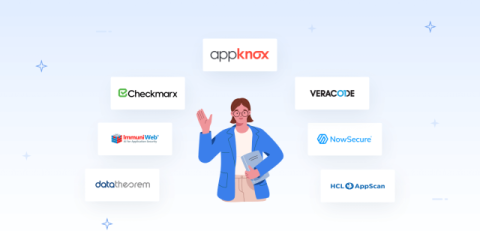5 steps of the security questionnaire process to automate today
As organizations sell to more discerning buyers, scrutiny on security and compliance practices grows. It’s certainly warranted—the frequency of third-party breaches is on the rise. In our State of Trust Report, almost half of all organizations surveyed say that a vendor of theirs experienced a data breach since they started working together.










